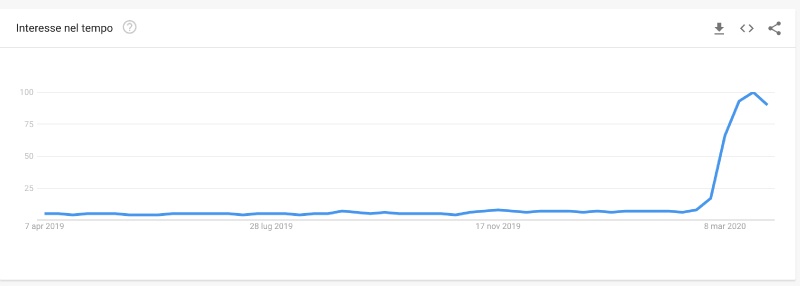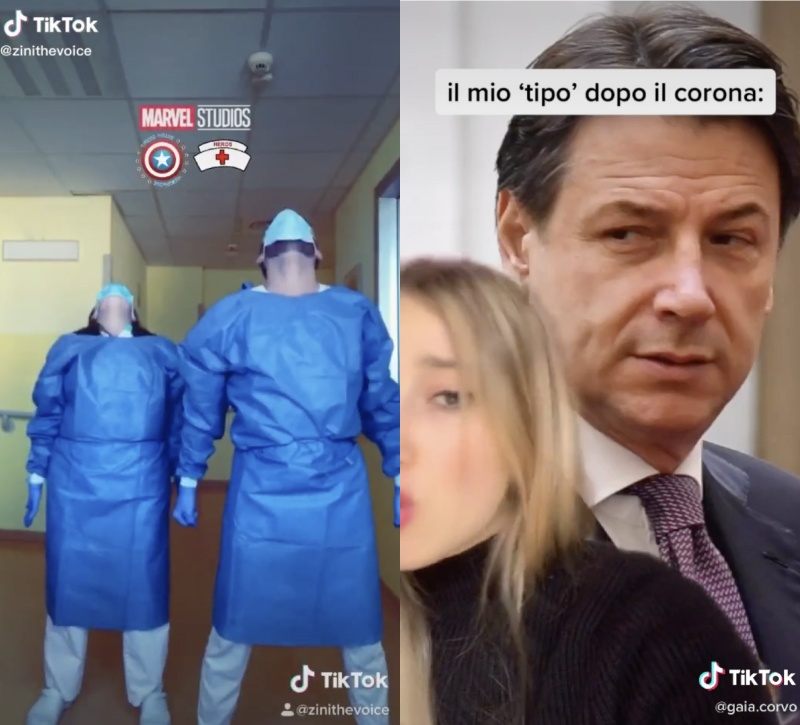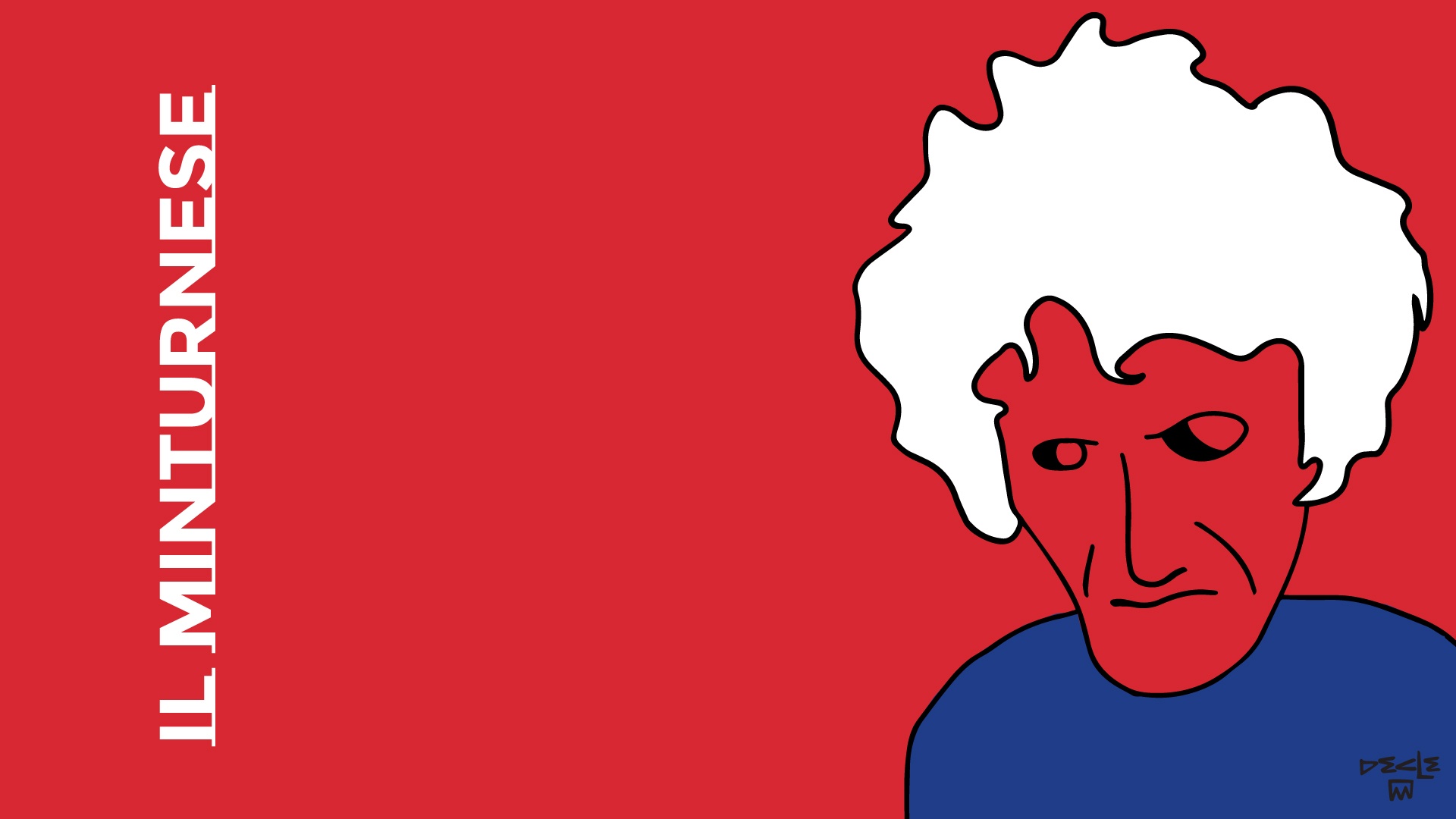
I want you! COVID-19: Incontri ravvicinati del terzo tipo con il lessico di guerra
Ore diciotto e zero zero. Ogni sera, tutti collegati alla radio. Ah, no! Non siamo tra il 1939 e il 1945. Non c’è nessuna guerra in atto. Però, radio a parte, alle ore diciotto e zero zero, tutte le sere, c’è un bollettino. E tutti gli italiani lo attendono per ascoltare tre numeri:
- nuovi casi: per capire quando la guerra finirà
- guariti: per non perdere la speranza
- deceduti: per piangere i caduti.
Gli italiani attendono il bollettino e ricercano online questa parola, che impenna su Google e diventa trend da Nord a Sud.

Lo ricercano talmente tante volte che l’Organizzazione Mondiale della Sanità ha varato un vademecum dal titolo “Mental health and psychosocial considerations during the COVID-19 outbreak”. Siamo nel campo delle psicopatologie da guerra, con il rischio di disturbi da stress post-traumatico. Cosa consiglia l’OMS? Aggiornarsi “in orari specifici” e farlo “una o due volte” al giorno, principalmente per “prendere misure pratiche per preparare i tuoi piani e proteggere te stesso e i tuoi cari”.
Piani appunto, piani di guerra. In tempi di “red zone”.
E i piani prevedono l’arruolamento, in questo caso di medici e infermieri. L’annuncio è andato in tv come una Breaking News, scorrendo sugli schermi. “La Protezione Civile recluta una task force di 500 infermieri da inviare negli ospedali delle città più colpite dall’epidemia. Il bando scade alle ore 20 di sabato 28 marzo”. Una task force contro un “nemico invisibile”, in uno scenario che non è solo bellico, ma fantascientifico. Una vera e propria “invasione degli ultracorpi”. Per chi non lo ricordasse, nel capolavoro cinematografico della fantascienza, dal titolo appunto L’invasione degli ultracorpi, la cittadina di Santa Mira viene invasa da extraterrestri che copiano perfettamente gli abitanti. Come il COVID-19, invisibile e potenzialmente in ognuno di noi.
In questo scenario, si “combatte in trincea”, si allestiscono “ospedali da campo”, si parla di “eroi” e di “sacrificio”. E si registrano anche storie d’amore ai tempi di guerra.

Bomba! No, non è una bomba. Ma questa espressione introduce un nuovo punto di vista. Il lessico di guerra è anche un lessico che è entrato ed entra nell’uso comune. Bomba appunto. C’è chi, anche nella nostra redazione, in questi giorni ha iniziato a usare il termine “Roger”, al posto di “ok”, “tutto chiaro”, “ricevuto”.
Ma siamo davvero in guerra? Sul serio, possiamo davvero dire di essere in guerra? Lo scenario è drammatico, nessuno può negarlo. Ma proviamo a riflettere sulle parole che tutti stiamo utilizzando per descrivere questo scenario.

Guerra, appunto. Dal latino medievale guerra, dal germanico *werra ‘mischia’. Basterebbe questo per rispondere che no, non siamo in guerra. Altrimenti saremmo in mischia, ma gli assembramenti sono vietati di questi tempi.
Le parole sono importanti. Forse è banale dirlo. Ma meno banale è affermare che, ancor più in contesti difficili, la ricerca di vocaboli giusti e opportuni possa aiutare a comprendere e, di conseguenza, ad agire.
È un dato di fatto, la riduzione del vocabolario di ognuno di noi ha come conseguenza la diminuzione delle capacità di ragionamento. Più parole si usano, maggiore invece è la possibilità di elaborare pensieri complessi e, quindi, di analizzare la realtà e individuare risposte efficaci. Si tratta del potere della parola. “Schierarlo in prima linea” può fare la differenza tra subire o costruire il framing.
Mauro De Clemente






